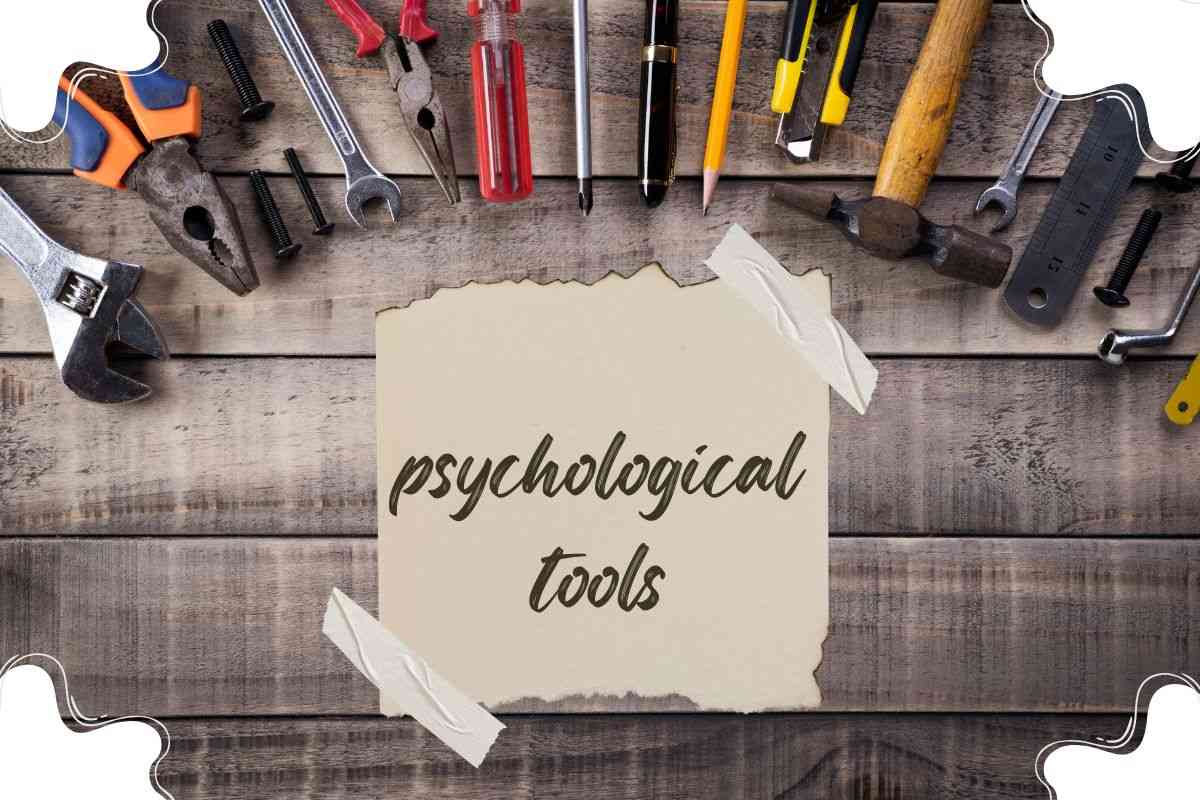
DAYNE Dyer once said, “The wake is the trail left behind and it has no power in the present.” Present moment energy generated by the engine is what drives the boat forward; the wake cannot drive the boat, the late American author once said.
According to the World Health Organisation, mental health is an integral part of our general health and well-being as well as a basic right. Having good mental health means we are better able to connect, function, cope and thrive. Mental health exists in a complex continuum with experiences ranging from an optimal state of well-being to debilitating states of great suffering and emotional pain. People with mental health conditions are more likely to experience lower levels of mental well-being but this is not always necessarily the case (2023 report).
Life by its very nature is always bustling with activity, sometimes calm like still waters, and sometimes turbulent like a raging sea. Practising mindfulness aids us to be better adapted to the changing currents of the sea of life. When faced with stressful situations, one can have one of two possible outcomes: distress and eustress. Eustress and distress are terms that categorise different types of stress. At one end of the spectrum is distress, which involves negative feelings and is often a difficult experience. At the other end is eustress, which is challenging but rewarding. Distress is a word that most have probably come across.
Eustress is a more desirable outcome that indicates that an individual can better handle the highs and the lows of life. Being in a constant state of stress (chronic stress) has detrimental effects that may manifest as mental health conditions or even physical in the form of conditions such as gastritis, acid reflux, hypertension, and insomnia, to name a few. In short, chronic stress is detrimental to the overall well-being and a violation of a basic right.
Life will always have turbulent moments, this is inevitable. Are you tired of living in a state of chronic stress? The great prophets said “Behold the former things have come to pass and the new things I declare before they spring forth I tell you of them.”
Not all hope is lost. Below are a few habits, you can adapt to improve the state of your mental health:
- Communicate with yourself, (Kildin’s law).
- Practice mindfulness and meditation.
- Concentrate your energy, (Falkland law).
- Get Moving.
Now let us further explore the four principles listed above and unpack how they can help us stand our ground in the face of vicissitudes and aridity we encounter in various phases of life.
Kidlin’s law
- Zim health system is in intensive care: How it got there
- Measles threat growing
- Take your child for measles vaccination
- Residents cry foul over Ngozi Mine pollution
Keep Reading
“If you write a problem down clearly and specifically you have sold half of it,” the Kidlin’s law said. Take a moment to breathe deeply. Write down your thoughts clearly and highlight the problem. Assess what habits or behaviours you need to change to improve the situation.
Practise mindfulness and meditation
Find time in your day to be still. Observe the world around you. Practise gratitude for what you have. See how you fit into the world and how you can have a lasting impact by achieving your purpose while managing to be content and fulfilled.
Falkland law
“If you don't have to decide on something then don’t decide,” Falkland law said. Concentrate your energy. Too much of our energy is directed toward stressing over incidents and choices that will not have a lasting impact on our lives. A tool you can use when facing a stressful decision or thought is as follows: would the choice you make be relevant within a year or a week for the next 10 years if not let it go.
Finally, get moving
Find an activity (physical) that you can commit yourself to doing consistently. Having an improved state of physical health, persistence, discipline, and completing a task help boost your confidence as well as equip you with the reassurance that you can complete the tasks you set your mind to.
It is time to take charge of your life so you can pursue an optimal state of well-being.
- Rutendo Kureya is a medical student at Saint Petersburg State Paediatric Medical University. She is passionate about issues concerning the state and welfare of fellow Zimbabweans. She can be reached at kureyaru@gmail.com. Mobile: +7 996 274 98 66 Facebook: Rutendo Kureya. She writes here in her personal capacity.










